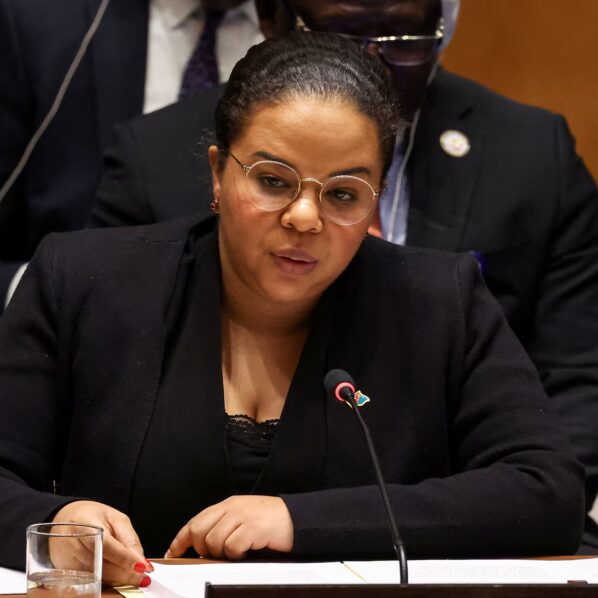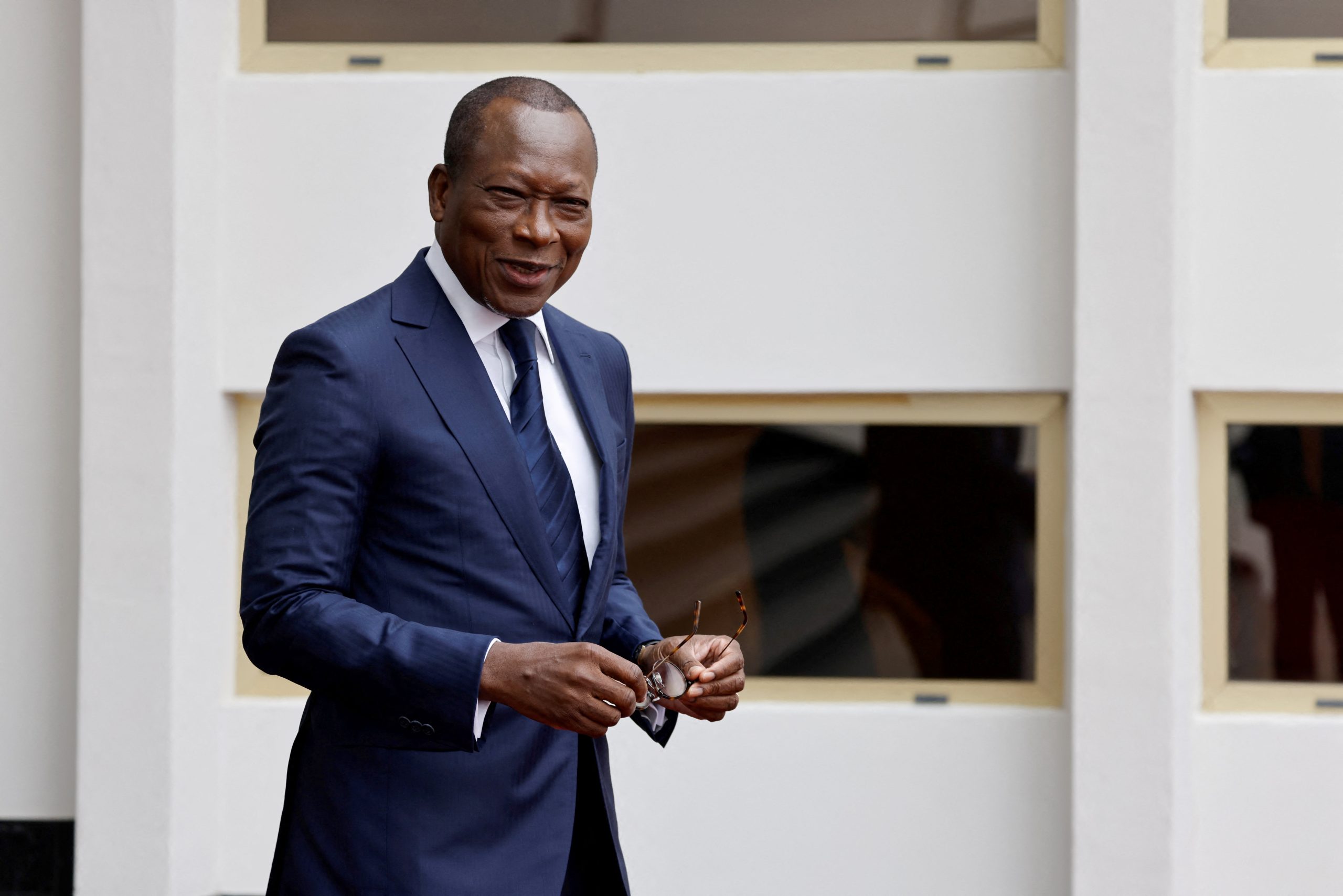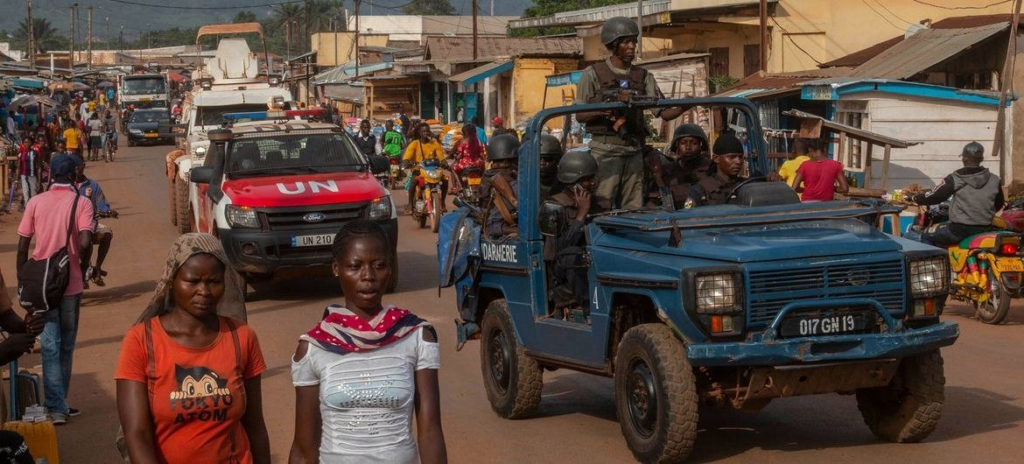
The Democratic Republic of Congo’s foreign minister, Therese Kayikwamba Wagner, has urged soccer clubs Arsenal, Bayern Munich, and Paris St. Germain to end their “blood-stained” sponsorship agreements with “Visit Rwanda” following the worsening humanitarian crisis in the country.
In a report monitored on X, the DR Congo health ministry stated that there were almost 800 bodies in hospital morgues around Goma following an offensive by Rwanda-backed M23 rebels to seize eastern Congo’s largest city, home to lucrative gold, coltan, and tin mines.
The latest escalation has worsened a long-standing humanitarian crisis, driving hundreds of thousands to seek shelter in Goma after fleeing fighting between M23 and Congolese troops.
According to the United Nations, the fighting has led to human rights violations, including summary executions, the bombing of displacement camps, and reports of gang rape and other forms of sexual violence. Wagner wrote to the three clubs this week, questioning the morality of their sponsorship deals and citing a U.N. report that suggested there were 4,000 Rwandan troops active in DR Congo.
“Thousands are currently trapped in the city of Goma with restricted access to food, water, and security,” Wagner said in her letters to the clubs, according to a media statement from her ministry on Sunday. “Countless lives have been lost; rape, murder, and theft prevail. Your sponsor is directly responsible for this misery. If not for your own consciences, then the clubs should do it (end their sponsorship agreement) for the victims of Rwandan aggression.”
Rwanda claims it is defending itself, accusing Congo’s military of joining forces with ethnic Hutu-led militias bent on slaughtering Tutsis in Congo and threatening Rwanda—where Hutus targeted Tutsis in the 1994 genocide, and some later fled to Congo. Congo denies this and accuses Rwanda of using M23 to pillage valuable minerals from Congolese territory.
“Visit Rwanda” began its sponsorship of Arsenal in 2018, with the latest deal reported to be worth more than 10 million pounds ($12.39 million) per year.






